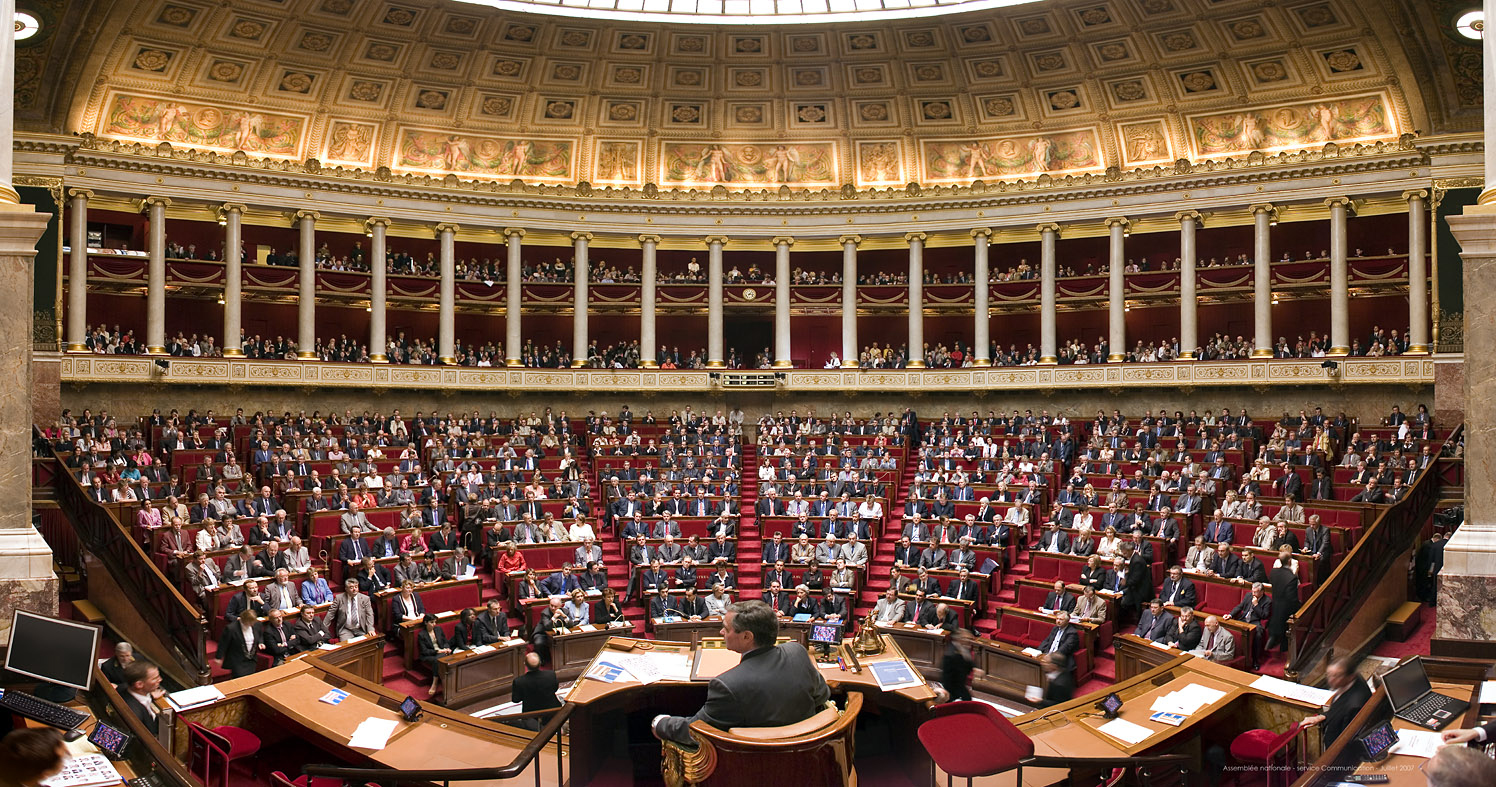On the initiative of Xavier Breton, 40 MPs have filed a draft resolution “calling for a universal ban on surrogacy”. The signatories point out that “surrogacy leads to the unacceptable exploitation of women with children being treated as objects”.
In France, Article 16-7 of the Civil Code invalidates any surrogacy agreement. However, following the condemnation of France by the ECHR, court decisions highlight “a disturbing decrease in the scope of this article”.
Until recently, a surrogacy agreement was immediately condemned as tantamount to committing fraud. From now on, “non-compliance of birth certificates” will serve as grounds for conviction. “Judges refute, by pure convenience, any parental links that surrogacy outside France intended to achieve. However, their reasoning confirms the fact that new case law is now coming to the fore, according to which a surrogacy agreement, even if considered void under French law, does not preclude the transcription of the birth certificate of a child born abroad as the result of such an agreement. The birth certificate must be standardised and should contain true facts that reflect reality. From now on, the fraud theory (…) seems to be systematically discarded”.
However, “the scope of all these judgements leaves many open-ended questions” and the decisions “reveal the impasse to which the Court of Cassation has led French case law” (see Has the constitutional principle of dignity at the origin of bioethics laws run its course?).
MPs warn of a practice that, “right across the globe, bears all the hallmarks of a new form of slavery”. They also demand that the public authorities “remove these serious contradictions between actions and words”, inviting the government to commit “in concrete terms, to banning surrogacy at an international level in the name of the unavailability of the human body and the dignity of women”.
A resolution has no binding effect but is an opinion voiced by the National Assembly in response to a certain issue of its choice. It is used by parliamentarians to express a wish or recommendation. It is a declaration of principle. If adopted, it should consolidate “the principle of banning surrogacy, which is public policy in French law”. But what inevitable impact will this have on pending judgements?

